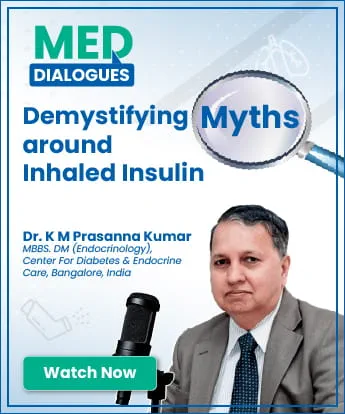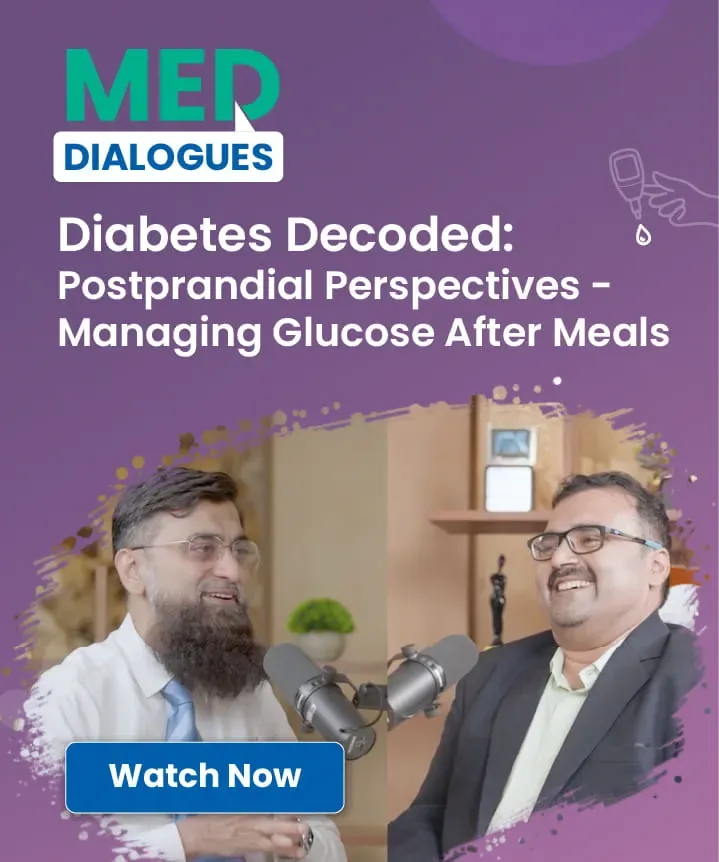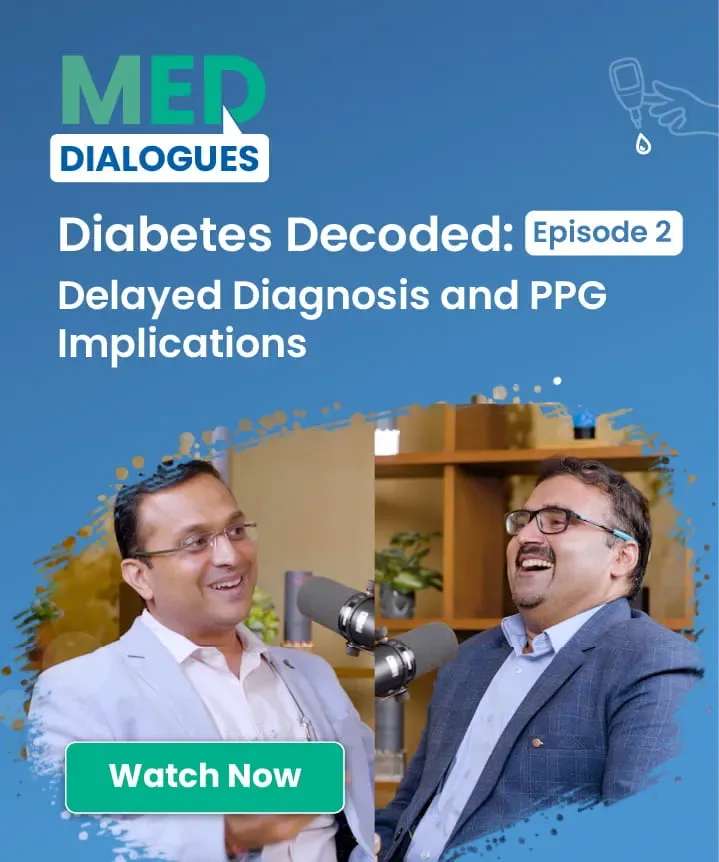Hey there! Welcome!
Get updated on
Select Speciality
Top Picks
26 Feb, 26
ADA 2026 outlines the standards for obesity pharmacotherapy. It recommends combining person-centered medication with lifestyle changes for adults with obesity. It details weight-loss targets and drug benefits for comorbidities
23 Feb, 26
The updated international urticaria guideline describes its definition, classification and recommendations for diagnosing and managing its various subtypes.
26 Feb, 26 Diabetes Metab Syndr...
Diabetes Metab Syndr...
- In 789 Indian T2DM+MASLD patients (mean age 53.3 yrs), LSM ≥9.7 in 12.9%
- FIB 4 rule in cut off: 1.68 (AUROC 0.69, sens 64.7%, spec 65.2); NFS −0.389 (AUROC 0.619, sens 61.8%, spec 57.4)
- Rule out AUROCs poor (FIB 4 0.586, NFS 0.570), conventional cut offs had low sensitivity (~21%) but high specificity (~90%)
- Overall, FIB 4/NFS poorly predicted advanced fibrosis in Indian T2DM+MASLD patients.
26 Feb, 26 Hypertension.
Hypertension.
- Phase III RCT compared low dose telmisartan/amlodipine/chlorthalidone 20/2.5/6.25 mg vs telmisartan 40 mg in essential HTN patients (n=314)
- At 8 wks, combination reduced SBP more than monotherapy (LS mean diff −3.8 mmHg PPS, FAS −4.0 mmHg), DBP, normalization, & response rates favored combination
- Efficacy was consistent across clinical strata, including age & prior HTN treatment, with comparable safety profile.
26 Feb, 26 BMC Infect Dis.
BMC Infect Dis.
- A recent meta-analysis showed that carbapenem-resistant Klebsiella pneumoniae had significantly higher resistance to penicillins (Risk Ratios, RR 2.74), cephalosporins (ceftazidime RR 2.71, cefepime RR 2.46, cefuroxime RR 3.06), and carbapenems (imipenem RR 5.52 and meropenem RR 5.33) vs. carbapenem-susceptible Klebsiella pneumoniae
- Results highlighted the need for strict surveillance and new therapies.
25 Feb, 26 Surv Ophthalmol.
Surv Ophthalmol.
- 33 studies (44 patients, mean age 31.9 yrs) on tattoo associated uveitis without sarcoidosis analyzed
- Tattoos were permanent (97.7%), arm located (77.3%), black pigment (61.3%)
- Skin inflammation in 88.6%, anterior uveitis 52.3%, bilateral involvement 95.5%, vitritis 38.6%, CME 27.3%; corticosteroids used in 50%, immunosuppressants 38.6%, IOP management in 16%, tattoo excision 16% inflammation controlled in 70%
In this webcast, the speakers have discussed the FOT Essentials and Basics, Interpretation Secrets and Advanced applications, different adult & pediatric case studies presented during the session and how Oscillometry revolutionized the diagnosis.
Featured
Our Research
23 Feb, 26
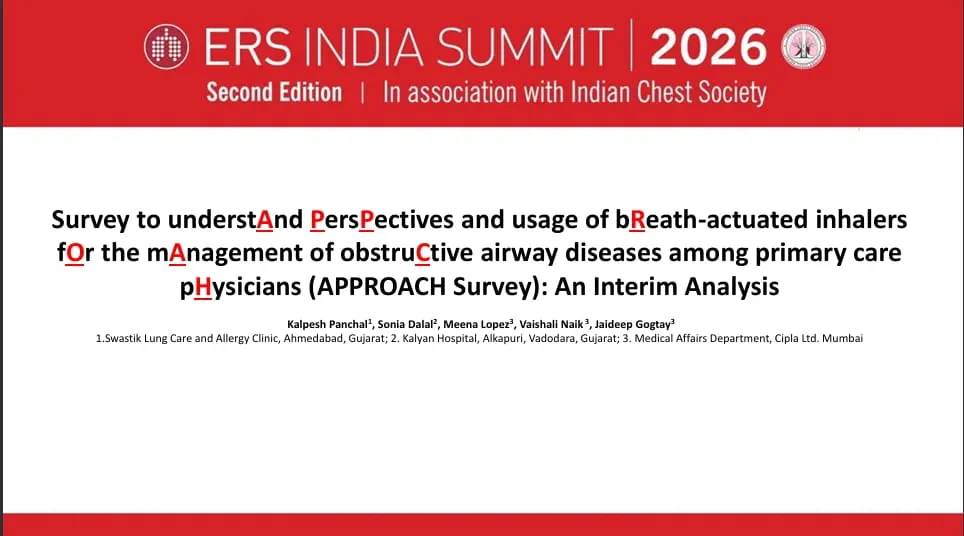
23 Feb, 26
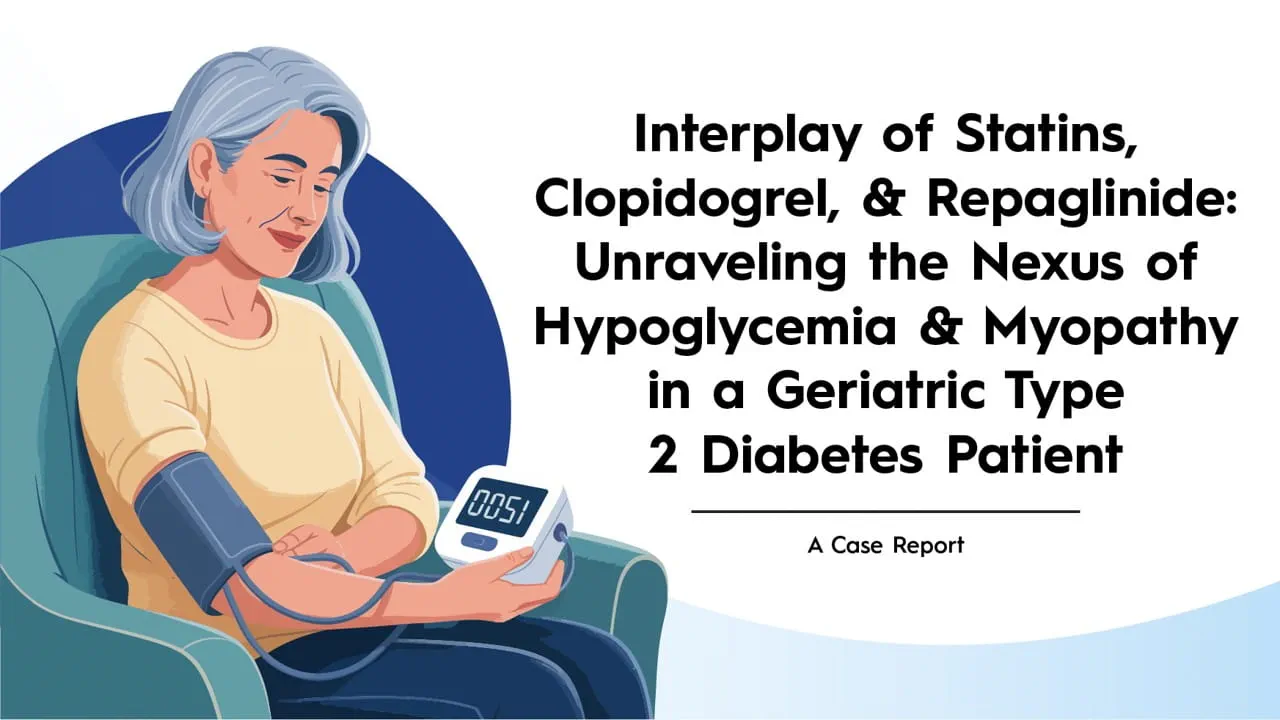
19 Feb, 26
Slide Library
19 Feb, 26
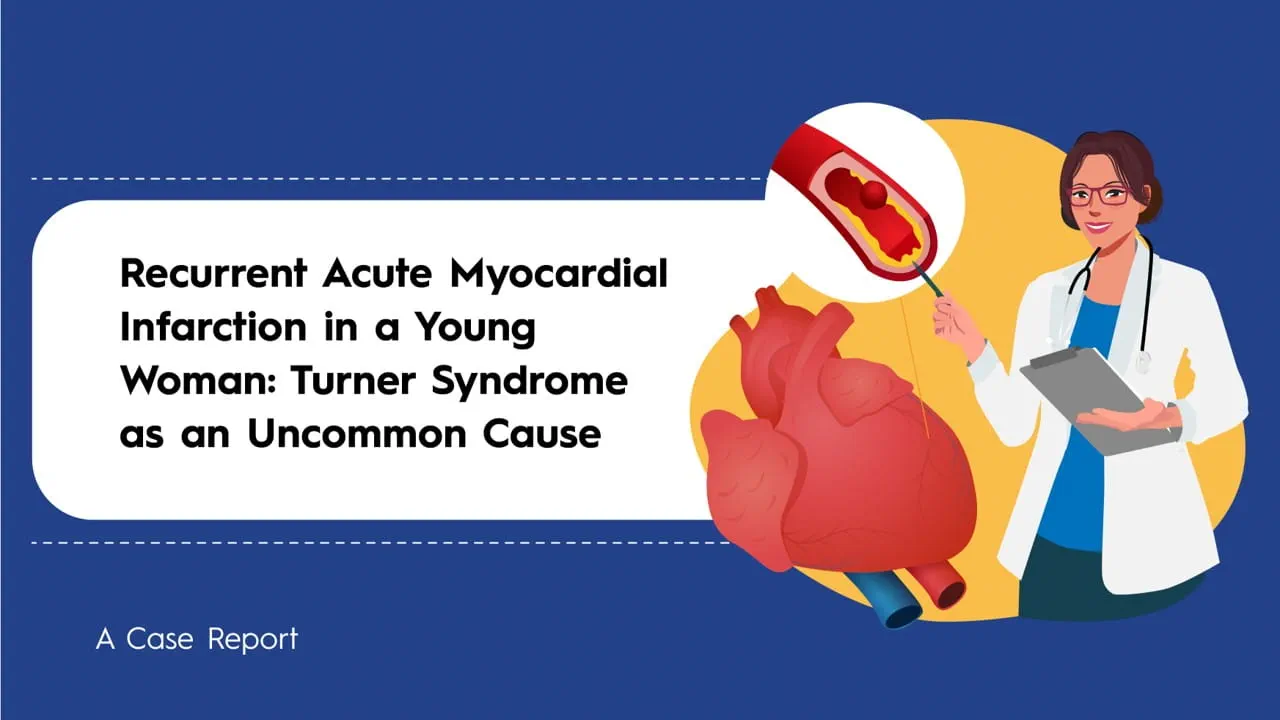
19 Feb, 26











